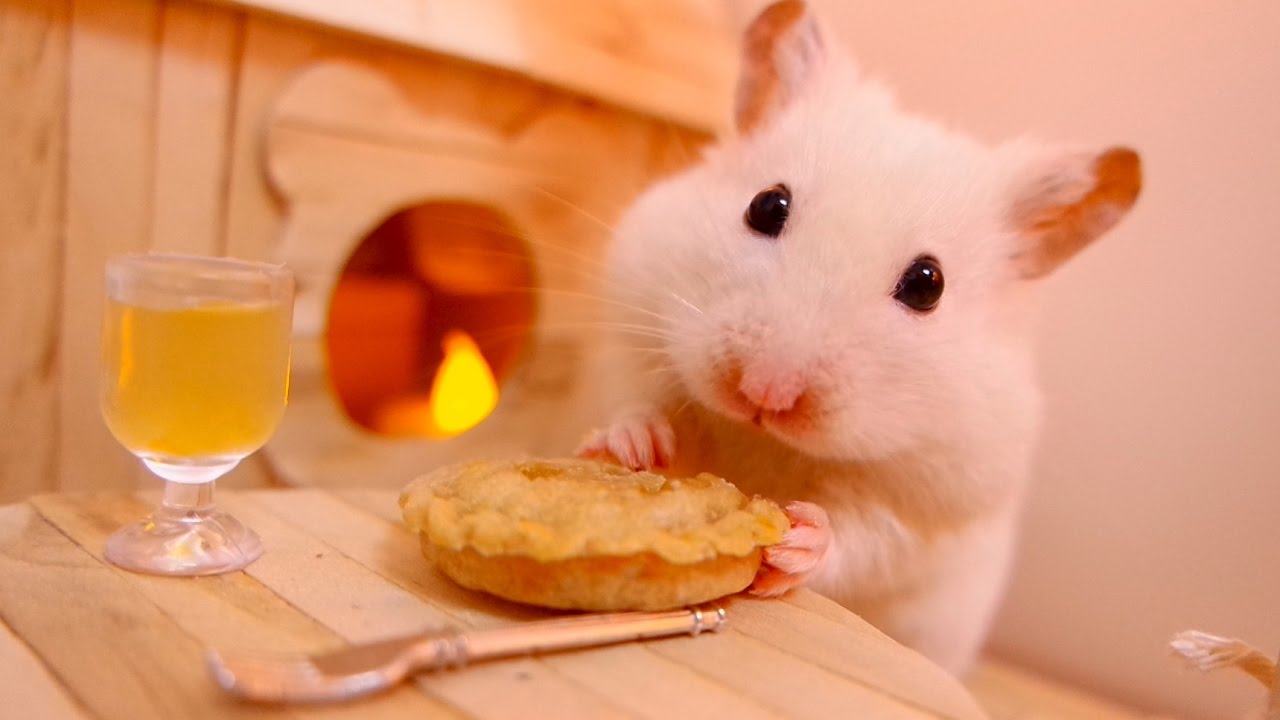Nowadays, more and more people decide to get a pet. Some are dog-people, other cat-people, but there are others who lack the necessary time or space for such animals. Therefore, they go for smaller animals that require less maintenance as well as less space, like hamsters.
Diet
If you want your little friend to be happy and healthy for a long time, you need to feed him/her the best food for hamsters you can find. These pets require a well-balanced and complete diet in order to avoid serious health issues. Your beloved hamster needs to like the food, of course, but you need to make sure that it meets all his or her nutritional requirements.
When it comes to the nutritional value of the food, you should know that this needs to be specifically formulated for your pet’s nutritional needs. If you do not comply with these, the hamster can fall ill and even die, in severe cases.
What should you consider?
This is what you need to focus on when looking for hamster food. You should search for a product that contains about 15% protein and around 3 to 6% fat. There are also exceptions, and special cases might require different percentages than those mentioned above. For example, pregnant hamsters need higher amounts of protein and fat.
Baby and nursing hamsters require more of these nutrients in their diet. Moreover, the meals should also contain complex carbohydrates as these pets burn them very fast. Also, natural grain and vegetables need to be introduced in their nutrition.
Salt should not be missing from a hamster’s diet either. It helps them retain water which is an important aspect of their being and staying healthy. Therefore, make sure that the food you select contains salt, or make sure you add a salt lick in your pet’s habitat.
Another important thing you should consider when it comes to your hamster’s diet is sugar. This ingredient should not be included in their diet and you should also avoid foods that contain it, even molasses.
Sugar
You should also be careful with the hamster mixes which contain various dried fruits. These are also a sugar source and should only be fed in very small amounts. Better yet, try to replace this option with healthier ones that do not contain too much sugar.
It is a known fact that hamsters like vegetables and fruit. However, providing them too much of these can lead them to develop diarrhea. It is enough to give them a small cube of cucumber or apple. Carrots are also good, but they are also high in sugar, so it is important to introduce them very slowly and in small quantities.
Citrus fruits should not be introduced in your hamster’s diet because they contain a very high amount of acid which would lead to an upset tummy. The best option is to buy this food from a pet shop.
What else should you know?
The form should be pellets or muesli. You should know that highly colored foods are also full of additives which are not very good for anyone. If you want other sources of protein, you can feed your hamster some mealworms or hard-boiled eggs once a week.
Furthermore, foods that are sticky or sharp should also be avoided because they could cause serious damage if they get stuck inside the cheek pouches.
If you want to know how to correctly dose your hamster’s food, you should know that specialists recommend around 10g of dry food, twice a day. Moreover, it is important to consider that various species of hamsters have different nutritional needs.
Dental health
Surely, when you decide to get a pet, you want him or her to be around with you for the longest time possible. Besides the diet itself, it is also very important to consider your hamster’s dental health, as well. Therefore, you need to make sure that the resources you provide will help your pet maintain and improve his or her dental health.
Do not be fooled by the price of your hamster’s food. Cheap food is not necessarily bad, while a very expensive one is not necessarily the best. Besides the nutritional factors we have mentioned earlier, you need to also consider that this food should keep your pet’s jaws healthy and his or her teeth at the right length.
Therefore, the texture of the food should be crunchy and not soft because it needs to stimulate the rodent’s chewing activity. Some hamsters prefer softer food. In case yours is among these, you should also provide him or her with other chewing alternatives and add them to the habitat.
Now that you have an idea about what to look for and what to feed your hamster, you should also consider that hamsters, just like in the case of humans, are different. Inquiring your vet about the exact nutritional needs and quantities of your pet is just as important as the food you choose.

Leave a Reply